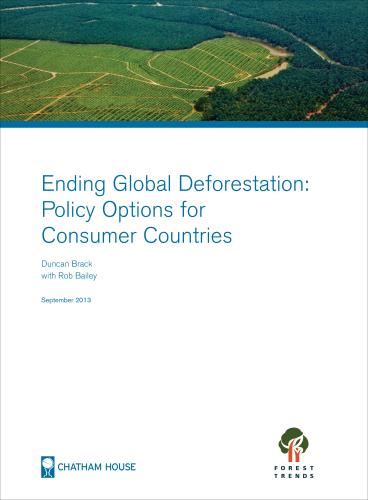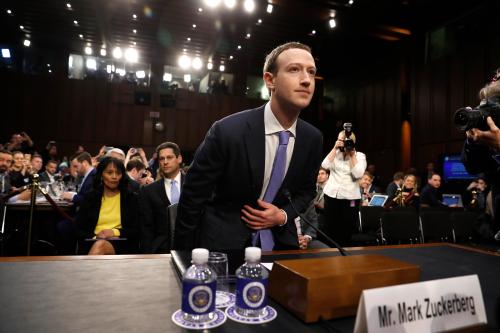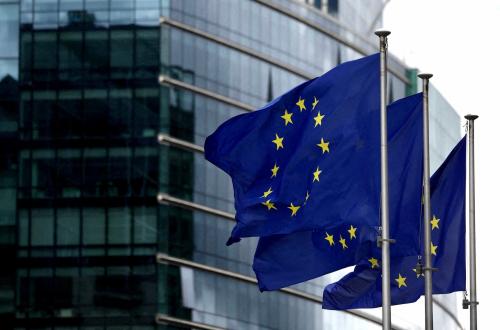Last week’s announcement of new rules by the Federal Communications Commission (FCC) has garnered headlines well beyond the usual coverage by the telecommunications trade press. That’s because its 3-2 decision could impact virtually all Americans who subscribe to an Internet Service Provider (ISP). The new rules mandate that consumers must affirmatively opt-in to allow ISP sharing of their app and browsing histories, mobile location data, and any other identifiable information that can be gleaned from internet use. Otherwise, ISPs will be prohibited from undertaking such activities.
Behavioral information is the fuel for online targeted advertising. This allows advertisers to tailor their messages and sales offers to consumers who best fit their buying profiles. To advertisers, aggregating real-time information online about consumer interest has significant economic value.
It is not necessarily a one-sided proposition, either. Many consumers appreciate that a merchant knows the types of products and services they may be interested in purchasing and can send along offers tailored to those tastes. These offers are sometimes more favorable than those made available to others through mass media advertising.
Absent any regulatory requirements, the typical permission that ISPs have sought from consumers has been on an opt-out basis. This means that the reverse presumption has been the norm: unless a consumer informs an ISP that he or she does not wish to have any online personal use data collected and sold by ISPs to advertisers, the ISP can freely continue with these practices.
Consumer activists have applauded the FCC’s action, which was initiated by FCC Chairman Tom Wheeler. But it remains to be seen whether it will usher in a new era of online transparency or cause even greater consumer confusion. Since the FCC’s statutory jurisdiction only allows it to apply the new rules to ISPs, it does not affect companies such as Netflix, Amazon, Hulu or any online merchant. Social media sites and search engines are also exempt. All of them can continue to follow the opt-out permission protocol.
Since most consumers interact with many different commercial entities online, varying treatment of consumer data can only result in greater confusion. ISPs also argue that the ruling confers a competitive advantage to online companies that are exempt. As a result, industry competition can be affected as well. Although the FCC may have done the best it could under the circumstances, the agency may not have done as much as the initial accolades would suggest.
In theory, the most obvious solution would be omnibus consumer protection legislation that establishes a uniform opt-in requirement for a range of online vendors and sites, but such a law may be difficult to formulate and enforce in practice. And the realistic possibility of any action in this area by the 115th Congress that will begin work in 2017 is very low, maybe even non-existent.
For now, better consumer education should inform the general public about when and how to opt in or opt out, and which entities offer which option. Here, an impactful public service advertising campaign coordinated by The Advertising Council, the non-profit organization and the largest producer of public service programs in the United States, may be an important next step. Just imagine if Smokey Bear, who has taught generations how to prevent forest fires, now is depicted with a smartphone or tablet, teaching all of us how to achieve a better individualized sense of online privacy.










Commentary
Opting in to better online privacy protection
November 3, 2016